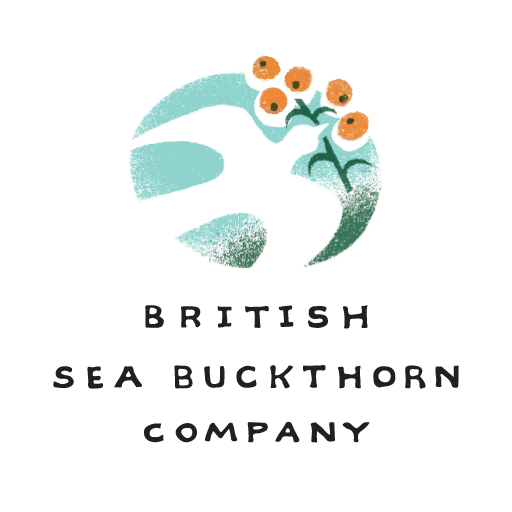Attenting any event for three days is a commitment but Food matters Live last week was a risk, but well worth it. The focus for me was the seminars which started at 10.30 and went through to 1700 with too many options for one person. It only worked with a clear understanding as to what one wanted to get out of the day. Seminars of 20 mins on marketing; cognitive benefits; cardio vascular benefits were my focus for the three days. Including some time visiting stands I attended between 6 and 8 seminars each day. The results were often conflicting and raised some interesting conclusions. One has to conclude that this is the difference between Food and Pharma, there are no fixed lines. In fact sea buckthorn itself is not a single commodity. Sea buckthorn appears in its six species/ 12 (13) subspecies and many commercial varieties. Taste, nutrition status, journey to market all impact on the delivery of the final product.
The whole concept of the event recognises the potential of the food industry to have the potential to deliver more nutritionally sophisticated product. But the nature of the market has changed. The health market has changed. Consumers are more cynical, more value conscious. The 2008 economic crash has impacted upon how people behave. Labels might be a source that regulators want to clarify, but it seems consumers actually are just not impressed. Health priority has given way to the need to lift doom and gloom – people need to be happy, and that does not mean being preached to by well meaning governments, doctors are marketeers.
Market demographics seem also to have gone out of the window. The aging population which should in theory be our market is now mainly digitally savvy; only has a perceived age because lifestyle changes opportunity and choice; and again cynicism, rational not emotional decision making makes it crucial that products meet market demand.
At the other end of the extreme, the 19-23 age group (Millenials) offer a fast moving and demanding opportunity. One that needs commitment, understanding where company must be embedded into the market. Health means little – product must be relevant with an acceptance of the identity that comes with it. The commitment to engage with this end of the market needs to right attitude. It carries a risk that if the millenials do not get it, they will ignore you and move on. But that is with all markets.
One seminar was presented by the inventor of Brainwave – a drink with ingredients targeted on maintaining cognitive function.
In a regulated age this is a brave product. It comes without EFSA claims and clearly Richard Baister is frustrated with the system that makes it so difficult for a small company to crack this issue. But his advice was clear – even if it does not have a claim, there needs to be clear evidence to back up the product.
This was reiterated in other talks – science needs to support product in this market. It stands to reason that in a cynical, budget led market where consumers have huge choice, they need to know what they want to use the product for and that it will deliver.
Apart from the seminars, exhibits of interest included labs for analysis; institutes for training; associations for finding professional advice; and a selection of new products. For me the first three all delivered promising ways of building the resources needed for developing sea buckthorn.
What have I learnt? Success will come based on delivering product that the market wants. Nothing has changed. The risk is more about controlling one’s passion for the product in development and making sure consumers of what ever age will accept its ability to deliver at the price they want to pay.
Will I go next year? Definitely, but it is a commitment and next year I want to go to the Taste event in London as well.
